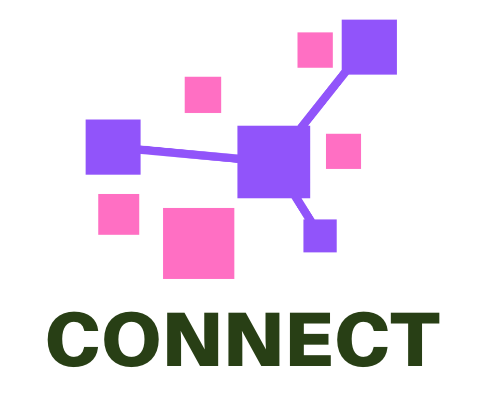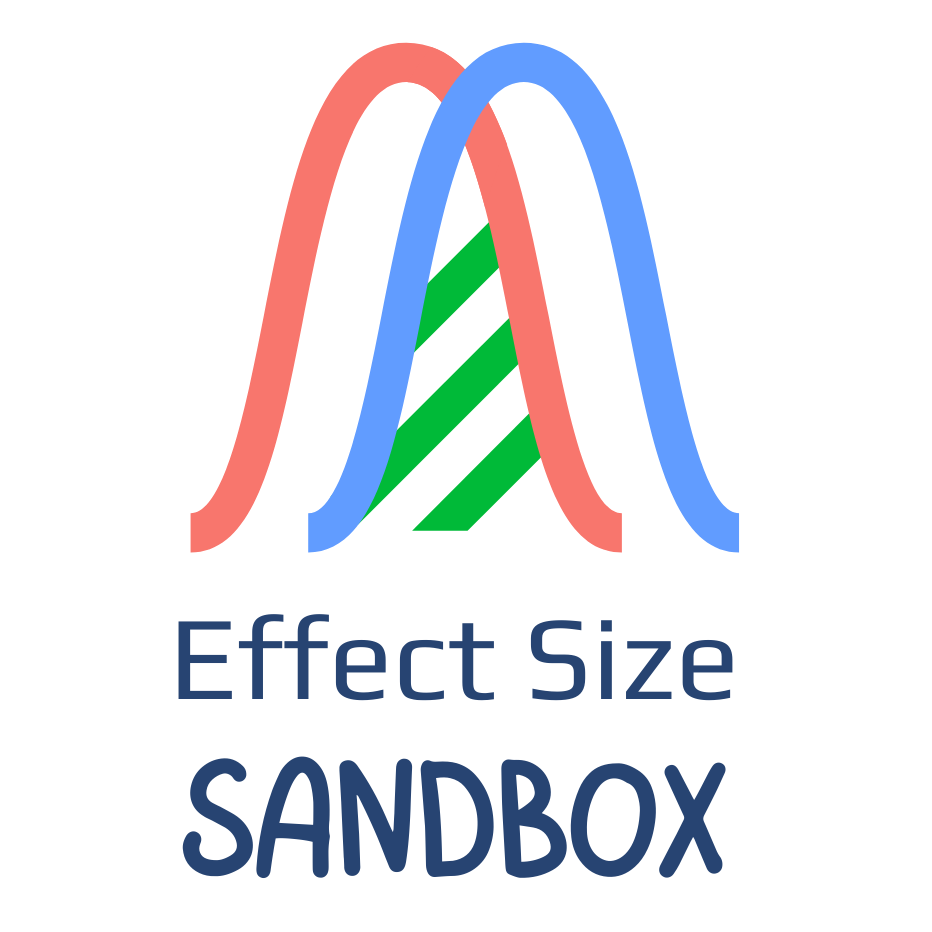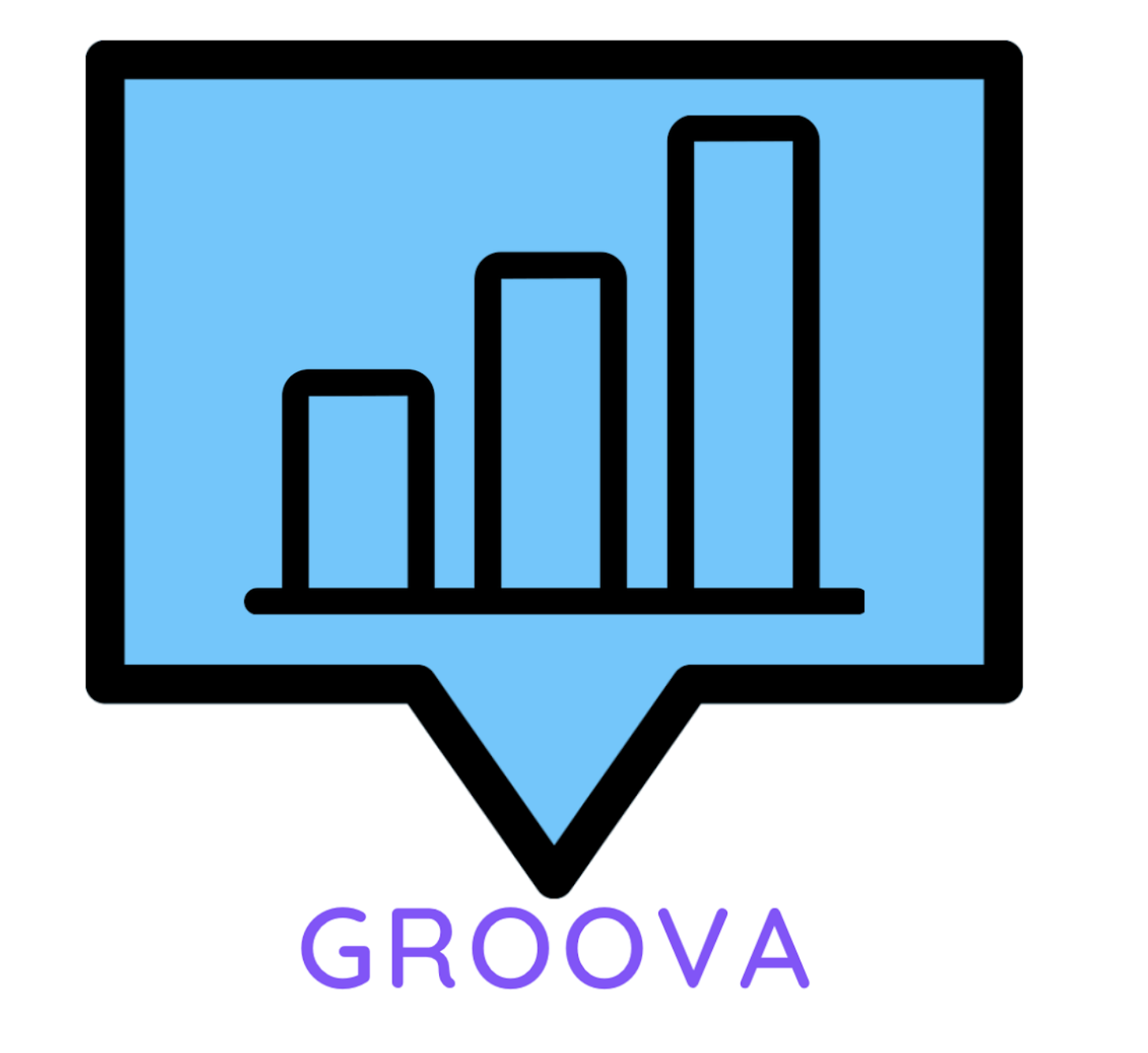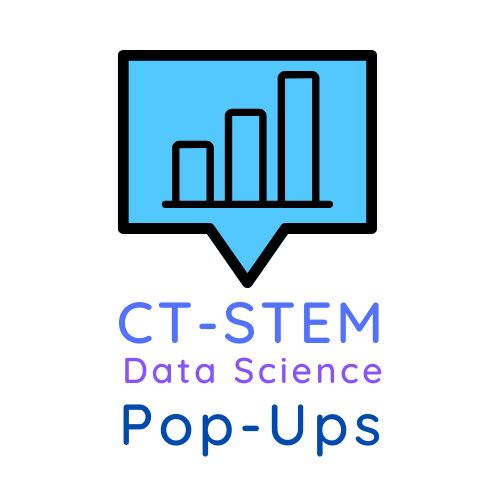Uncategorized Category
CONNECT — A Tool for Researchers and Participants to Co-Interpret Findings
Dec. 6, 2024—Traditionally, Epistemic Network Analysis (ENA) has been used by researchers as it was created for data analysis tasks, typically conducted by research experts. In recognizing that ENA can be expanded to accommodate researcher and participants’ interactions, we have developed a tool for this purpose. CONNECT supports researcher-participant co-interpretation of discourse data. The online tool is...
R for Middle Schoolers
Dec. 6, 2024—In this project, we developed an 8-session introductory data science course for middle grades (ages 11 – 13), and observed how participants learned data science practices and processes through the combination of non-programming activities and programming activities using the language R. We designed activities that were learner-centered and allowed students to create “objects-to-think-with” such as...
GROOVA
Dec. 6, 2024—Data storytelling is a critical data literacy skill used across disciplines to communicate scientific findings and make data-based insight accessible to more people. Motivated by our partner teachers’ experiences and need for developmentally appropriate data analysis tools for 1st through 3rd grade, we developed GROOVA using the R programming language and R Shiny.
Data Science Pop-Ups
Dec. 6, 2024—To make data science accessible and flexible for elementary school teachers, we co-created Data Science Pop-Ups with our teacher partners. The project goals were to make data science education accessible and of interest to rural, elementary students in South Carolina, including students with high-incidence disabilities, to increase participation in computer science education, and broaden ways...
S.P.O.T. – A hybrid role-playing game for elementary/middle school students to engage in Critical Computing
Dec. 6, 2024—In S.P.O.T, learners interact with machine learning within real-life sociopolitical contexts and examine how ML predictions impact their daily lives and communities. Through the immersion of stories that mirror children’s lived experiences, S.P.O.T. provides elementary school aged children with opportunities to learn how machine learning applications function and develop children’s abilities to critically examine, question,...
Critical Machine Learning Program Guide
Dec. 6, 2024—Critical Machine Learning (CML) is about recognizing, questioning, and taking action against inequities in machine learning data practices and understanding the ideological, historical and political dimensions of data production and usage. Both machine learning and artificial intelligence applications are heavily reliant on data and are often used to make automated recommendations and decisions in real...





